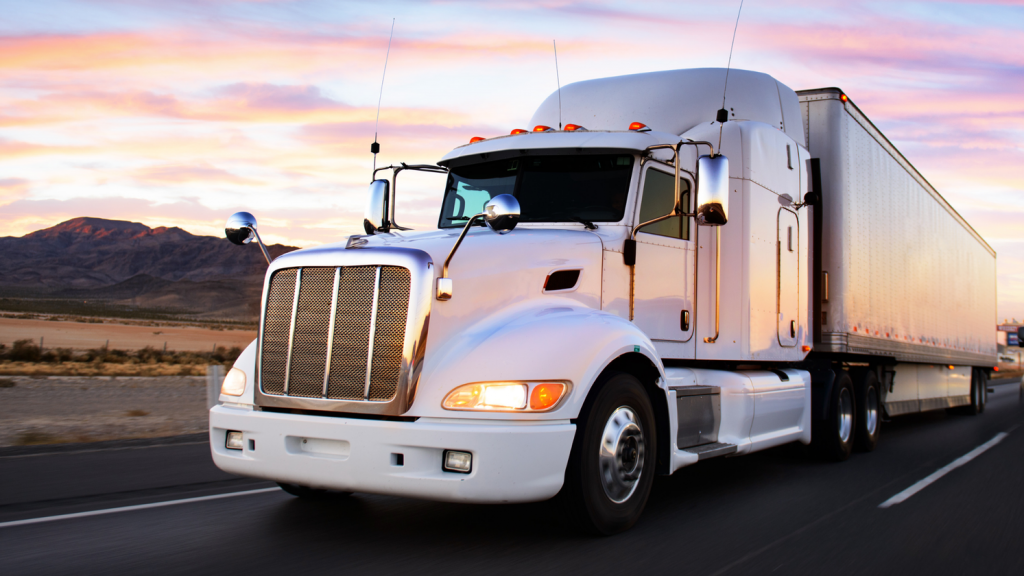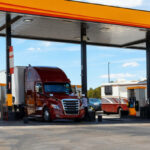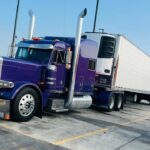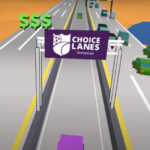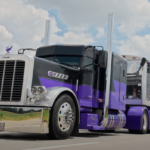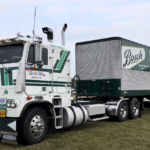The Federal Motor Carrier Safety Administration (FMCSA) is currently inviting the general public to share their opinions on a suggested regulation that would mandate the use of automatic emergency braking (AEB) systems in large trucks.
On June 22, the FMCSA released a Notice of Proposed Rulemaking (NPRM) that proposes the requirement of AEB systems in heavy-duty vehicles, specifically those weighing more than 10,000 pounds. According to officials, the proposed standard would necessitate the AEB technology to function within a speed range spanning from low-speed situations (around 6 miles per hour) to high-speed scenarios (approximately 50 miles per hour). Additionally, the rule would mandate that nearly all heavy vehicles be equipped with an electronic stability control system.
The FMCSA has officially opened the comment period this week, allowing members of the public to submit their feedback until September 5, 2023.
Truckers: AEB Tech Isn’t Ready
If you would like to submit your comment, you can click here to get started.
To date, the FMCSA has received a limited number of public comments regarding the proposed AEB rule. Interestingly, a significant portion of these comments express reservations about the readiness of the technology for widespread implementation within the industry. Let’s delve into some of the remarks provided by commenters regarding the AEB rule proposal.
“…with the automatic abs on the trucks now during winter time if the sensor gets snow on it the brakes kick in to stop or slow the vehicle down. Which can cause a skid or jack knifed truck because you have no control of the vehicle now,” said Alan Kosinski.
“This system hasn’t been fully tested before implementing it as a requirement. Even now, new Semi trucks constantly get false positive readings for things such as shadows in the road or dips. Other traffic doesn’t obey the rules of the road and a semi truck suddenly applying the brakes hard would risk injury to those vehicles. Additionally, during inclement weather, a sudden application of the brakes would put everybody at risk and would like cause an accident if the trailer slides out of its lane,” commented John Brintnell.
“There are times when going around ramps that it picks up a sign or gardrail and slams on the brakes which causes loads like rolls of paper or bottled drinks to shift which could roll the truck,” said David Reny.
